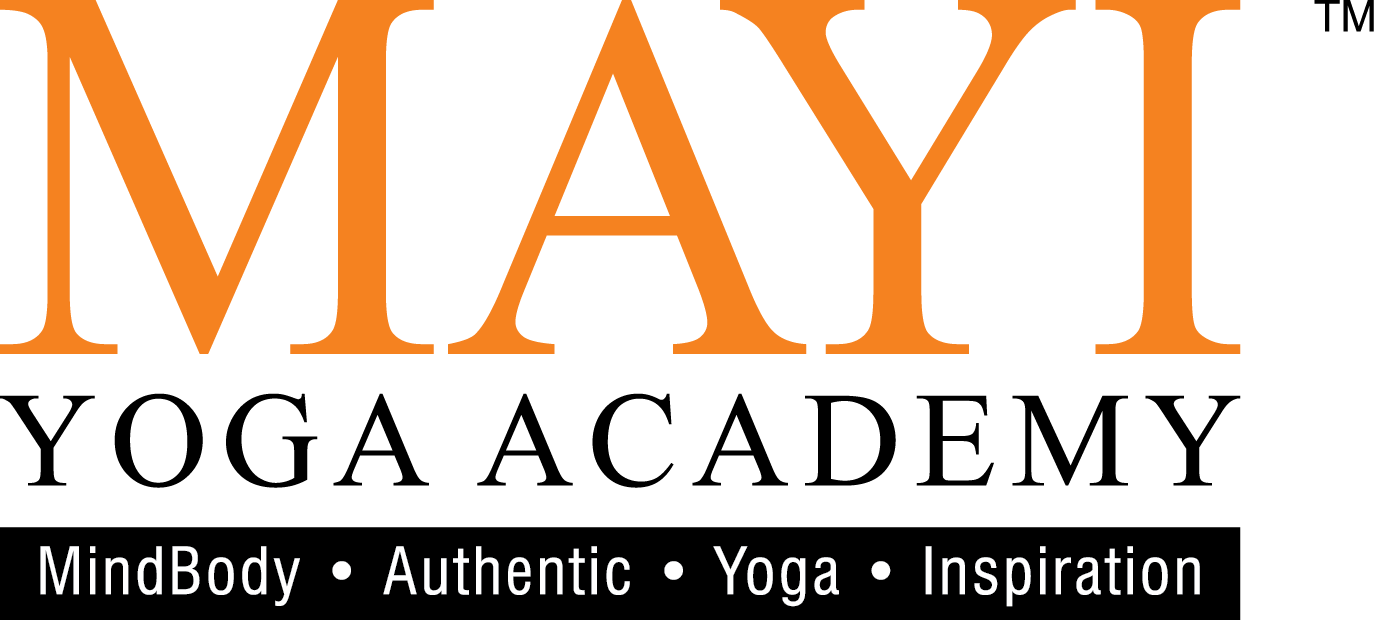Evolution of Ayurveda – The Knowledge of Life
- May 12, 2019
- Posted by: admin
- Category: Ayur Yoga,

By Jessica.S
Ayurveda is the oldest system of life sciences. The word Ayurveda literally means knowledge of life. Having originated in India thousands of years ago, it is the oldest known healthcare system to mankind. Today, this 5000-year-old ancient Indian system of natural and holistic medicine is increasingly becoming mainstream and is recognised by the World Health Organisation.
The system evolved from the quest to have a happy life through a deep understanding of creation and its maintenance, as perceived and conceived by the rishis or seers of ancient India. They revealed the deepest truths related to human anatomy, physiology, psychology, health, diseases and their management. The wish to have a healthy and happy life grew into the higher faculty of the consciousness of those who propounded Ayurveda.
From the third century onwards, Ayurveda enjoyed a big revolution and it had always been a primary healthcare system for more than eighty percent of the population, practiced traditionally in families in India. In the later days of British rule, Ayurveda had drawn the attention of the scholars in the country as well as abroad. Indologists of the west became interested in Ayurveda together with other sciences and philosophies documented in the Sanskrit language.
The fundamental of the Ayurvedic system remains solid and does not change from age to age. It acts as a preventive and curative measure.
This system is approached in a particular way to prevent diseases and promote a healthy lifestyle by following certain methods and therapies in day-to-day activities, even for people in the fast-moving 21st Century. Medicinal plants and herbs such as Neem, Tulasi, Haridra, Brahmi, Amalaki and Triphala are significant components of modern complementary medicine, and play an increasingly crucial role in modern cultures. This understanding of medical processes has been passed down from generation to generation and has been modified along the way with the emergence of scientific research.
Since Ayurveda is deeply rooted in spirituality and prescribes a holistically healthy lifestyle, an increasing number of people are practising it around the world. Ayurveda-based massages are offered in spas and many people benefit from such services. In Ayurveda, the application of oils and massage is of great importance. According to the pressures applied, the techniques adopted, the materials used, etc, the treatments can be categorised into: Abhyanga Snanam, Shirodhara, Shiroabhyanga, Pada Abhyanga, Soundaryam Vardhini, Vasti, Navara Kizhi, Podi Kizhi, Udwarthanam and Swedana. These treatments are applied according to the needs of the situation.

Ayurveda is also effective in preventing the causes of diseases as well as enhancing the quality of life. It improves lifestyle and teaches people to adjust to life situations by opening up the path of achieving self-refinement and wellbeing.
Ayurveda addresses all aspects of life, the body and mind – within and without. It recognises that each of us is unique, each responds differently to the many aspects of life, and each possesses different strengths and weaknesses. Through insight, understanding and experience, Ayurveda presents a vast wealth of information on the relationship between cause and effect, both immediate and subtle, for each unique individual!
MAYI Yoga Academy appreciates the science of Ayurveda in all its aspects. Those who want to know more about this ancient wonder are invited to join the 100-hour Ayurveda Massage Therapist Course.
